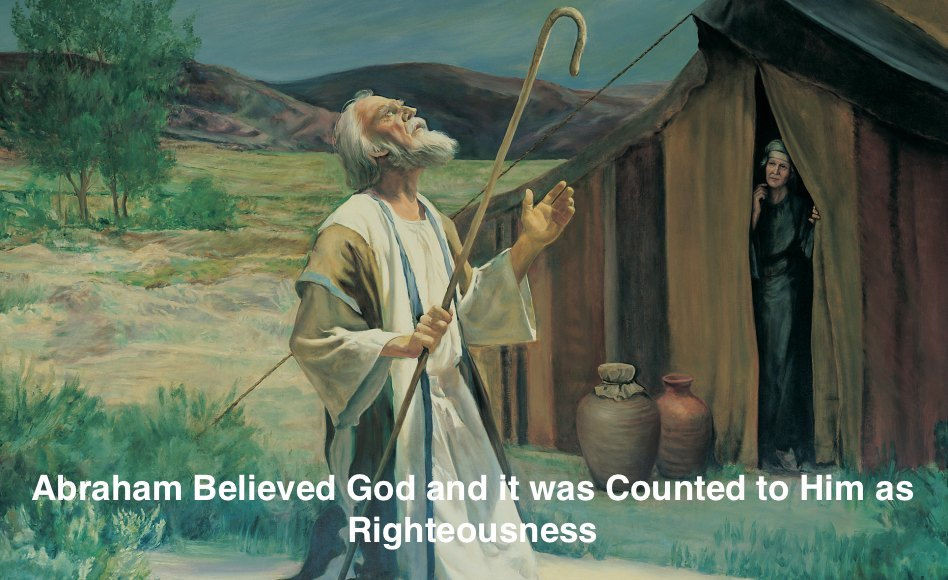Jesus’ 6th Saying on the Cross, “It is Finished!”
- Keith Thomas
- Nov 21, 2021
- 3 min read

6) “It is finished” (John 19:30).
We are meditating on the seven last sayings of Jesus while He was on the cross, bearing the sin of all men. After Jesus' lips were moistened with the sponge on the hyssop, He gathered the strength to push on the sedile, the piece of wood that prolonged the agony of the cross by enabling him to fill his lungs with air again. It was three in the afternoon, the time in the temple where the Passover lambs were being sacrificed for the Passover meal that night. The three synoptic gospels (Matthew, Mark, and Luke), tell us that Jesus shouted out loudly, but they do not tell us what He shouted. Jesus pushed Himself up one more time, filled His lungs with air, and shouted out for the entire world to hear, "It is finished!" John gives us the one word in the Greek language, tetelestai. It is translated into English as it is finished. This expression was not a shout of weariness, but a shout of freedom for those whose debt He paid.
Tetelestai was a word used in accounting in the common Greek language of the day. When a man’s debt was paid, it was tetelestai. It means to make an end of, complete, or accomplish something, not merely ending it, but bringing it to perfection or its destined goal. It also means to pay in full, as in a tax or tribute.[1] This shout was a cry of triumph! It is accomplished, paid in full, no debt remaining to God's people. They are free! No wonder He shouted. He wanted the world to know that the debt of sin was paid. God's judgment and justice had been atoned (to make amends and to reconcile). The true Day of Atonement had come. God's justice was satisfied. One sacrifice paid for all. A normal man's blood could not pay the debt that all men owed because of their sin; only God Himself could pay the sacrifice for all men.
God needed a Champion, one who could conquer Satan, who had the power of death over the human race. But how could that be possible because just one sin would disqualify a man? The chosen One had to be free of sin passed down from Adam to the whole human race. The answer to man's problem was what God planned in eternity past— to step into humanity Himself and become a man. He had to be born of a virgin and not of man's seed. The Holy Spirit came on Mary and the eternal God Himself, in the person of Jesus, stepped into the human race to take upon Himself the accumulated guilt of sin and judgment that man deserved. The wonder of wonders! He took on the forces of darkness manifesting through people—His war was not against flesh and blood (Ephesians 6:12), but against spiritual forces in the unseen realm that held us fast by invisible spiritual bonds. That all ended at the cross of Christ. Sin has been paid for by the sacrifice of Jesus, God in the flesh. “It is finished!”
7) “Father, into your hands I commit my spirit” (Luke 23:46).
46Jesus called out with a loud voice, "Father, into your hands I commit my spirit." When he had said this, he breathed his last. 47The centurion, seeing what had happened, praised God and said, "Surely this was a righteous man." 48When all the people who had gathered to witness this sight saw what took place, they beat their breasts and went away. 49But all those who knew him, including the women who had followed him from Galilee, stood at a distance, watching these things (Luke 23:46-49).
After He said these words, His body went limp. His head hung down, and He gave up His Spirit. Even the hardened centurion, when he saw how Christ died, was convinced, “Truly this was the Son of God!” (Matthew 27:54). Keith Thomas.
If you'd like to share these thoughts on your social media, click the Facebook, Twitter, or email link further down, and it will automatically put it on your page; you'll have to click to publish.
Taken from the series on the Gospel of Luke. Click on study 63. The Crucifixion of Christ
[1] Key Word Study Bible, AMG Publishers. Key Word 5464, Page 1679.








Comments